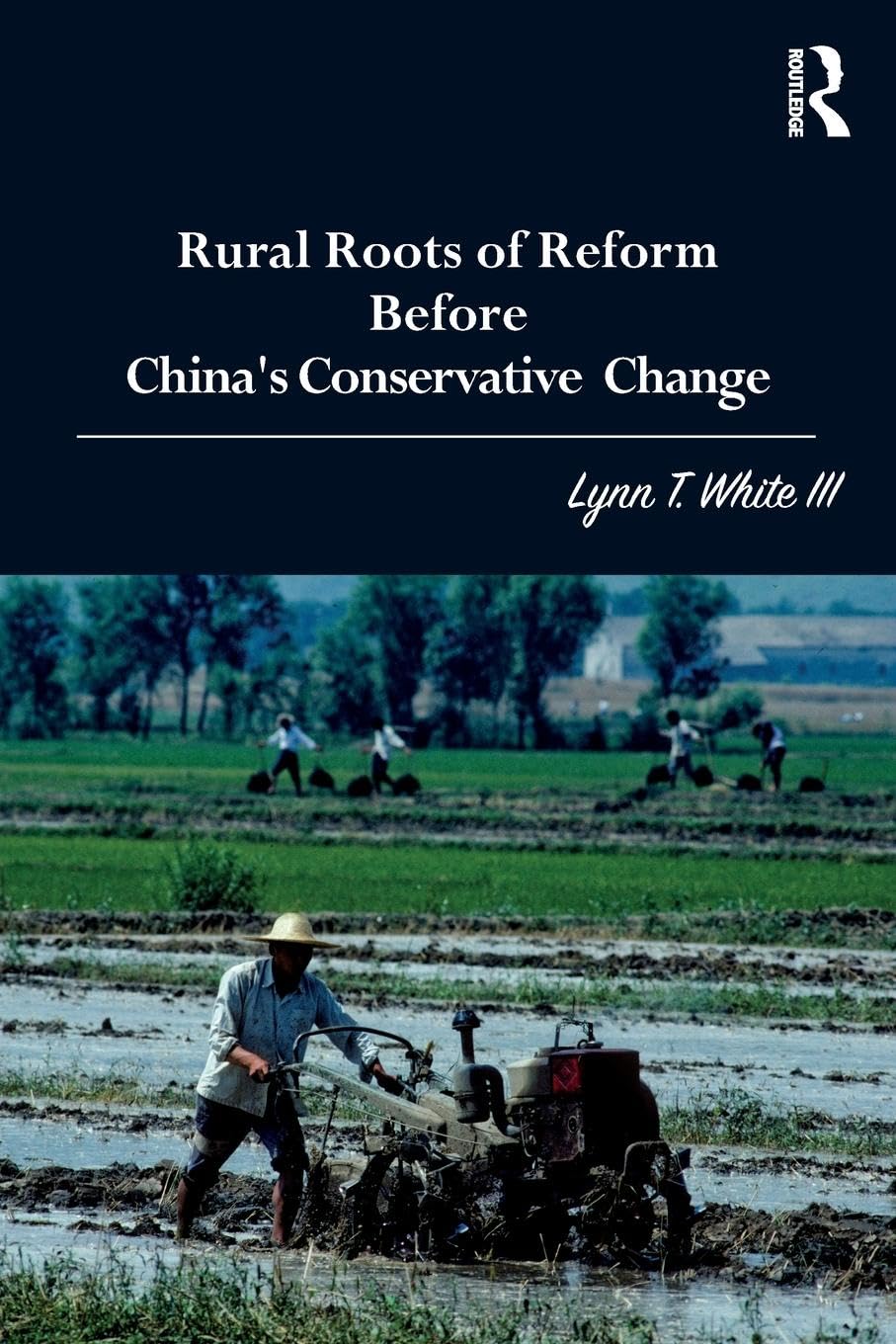Rural Roots of Reform Before China's Conservative Change
Rural Roots of Reform Before China's Conservative Change is backordered and will ship as soon as it is back in stock.
Couldn't load pickup availability
Genuine Products Guarantee
Genuine Products Guarantee
We guarantee 100% genuine products, and if proven otherwise, we will compensate you with 10 times the product's cost.
Delivery and Shipping
Delivery and Shipping
Products are generally ready for dispatch within 1 day and typically reach you in 3 to 5 days.
Book Details:
-
Publisher: Routledge
-
Author: White III, Lynn T.
-
Language: English
-
Edition: 1st Edition
-
ISBN: 9780815371052
-
Pages: 410
-
Cover: Paperback
-
Dimensions: 9.1 x 6.1 x 0.9 inches
About the Book:
China’s economic and military rise has long dominated global discussions, with its resilient authoritarian government often hailed for achieving great successes. However, China’s Local Politics and the Rise of the New Authoritarianism takes a fresh look at governance in the country, particularly focusing on the role of local village heads who often acted independently from central authority. The book challenges the top-down view of governance, presenting compelling arguments and new findings, especially from the Yangzi delta around Shanghai, which shed light on the origins of China’s prosperity.
Reforms in China began as early as the 1970s under rural and suburban leaders who were empowered by unexpected political and technological changes. These leaders' ability to act autonomously led to a process of decentralization, eroding the control once held by socialist structures. By examining these early reforms, the author reveals that the roots of China’s prosperity can be traced back to local communities, and not merely to the 1978 reforms most commonly cited.
The book also explores the economic tensions and political shifts that emerged in the 1980s as China grappled with inflation, government deficits, and political challenges. With a deep dive into the unintended consequences of these changes, the author offers a nuanced view of China’s post-socialist Leninist regime, a system that has endured through the leadership of Xi Jinping.
China’s Local Politics and the Rise of the New Authoritarianism will captivate students, scholars, and readers with an interest in Chinese politics and comparative development. It offers an invaluable perspective on the complexities of governance and the unexpected forces that shape national progress.





